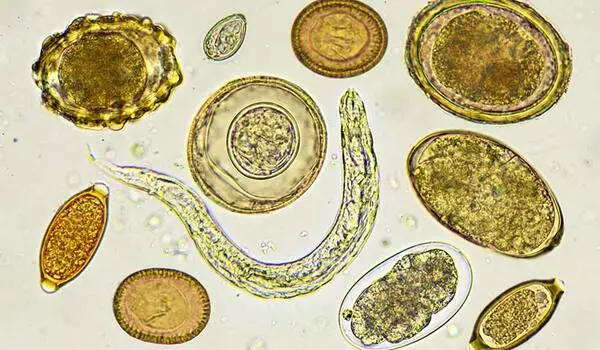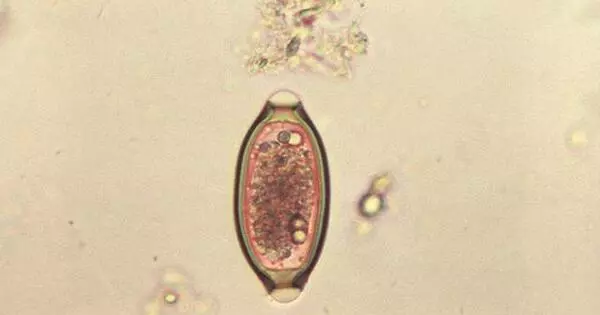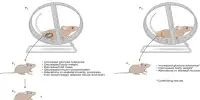There is evidence to suggest that a high-fat diet may increase the resistance of the host to intestinal parasite infections. One proposed mechanism for this effect is that a high-fat diet alters the composition of the intestinal microbiota, which can affect the immune response to parasitic infections.
Specifically, a high-fat diet has been shown to increase the abundance of certain bacteria in the gut, such as Lactobacillus and Bifidobacterium, which have been associated with enhanced immune function. These changes in the microbiota may help to modulate the host’s immune response to the parasite, leading to increased resistance to infection.
Scientists have discovered that a high-fat diet helps the immune system eliminate a parasitic worm that is a major cause of death and illness in developing countries. Parasitic worms affect up to a billion people, primarily in developing countries with inadequate sanitation. Whipworm, one of these parasites, can cause long-term infections in the large intestine.
Researchers from the University of Manchester and Lancaster University in the United Kingdom discovered that a high-fat diet allows the immune system to eliminate the parasite. “Just like in the UK, the cheapest diets are often high in fat, and at-risk communities to whipworm are increasingly using these cheap diets,” said lead author Dr. Evelyn Funjika, now at the University of Zambia. Therefore, how worm infection and western diets interact is a key unknown for developing nations.
We were quite surprised by what we discovered during this research. High-fat diets have been linked to increased pathology during disease. In the case of whipworm infection, however, the high fat diet allows the T-helper cells to mount the appropriate immune response to expel the worm.
Dr. John Worthington
“We’ve been studying how nutrition affects parasite worm infection using a mouse model, Trichuris muris, which is closely related to the human whipworm Trichuris trichiura, and seeing how a high-fat diet affects immunity.”
It has previously been demonstrated that immune responses that expel the parasite rely on white blood cells known as T-helper 2 cells, which are trained to eliminate gastrointestinal parasites. The findings, which were published in the journal “Mucosal Immunology,” show how a high-fat diet, rather than obesity itself, increases a molecule on T-helper cells called ST2, allowing an increased T-helper 2 response that expels the parasite from the large intestinal lining.

Dr. John Worthington of Lancaster University’s Department of Biomedical and Life Science co-led the study. “We were quite surprised by what we discovered during this research. High-fat diets have been linked to increased pathology during disease. In the case of whipworm infection, however, the high fat diet allows the T-helper cells to mount the appropriate immune response to expel the worm.”
“Our studies in mice on a standard diet demonstrate that ST2 is not normally triggered when expelling the parasite, but the high-fat diet boosts the levels of ST2 and thus allows expulsion via an alternative pathway,” said co-lead Professor Richard Grencis of the University of Manchester.
“It was really fascinating that simply changing the diet completely switched the immune response in the gut from one that fails to expel the parasite to one that brings about all the correct mechanisms to eliminate it,” said co-lead Professor David Thornton from the University of Manchester.
Dr. Worthington, on the other hand, cautioned about the findings.
“Before you order that extra take-out, keep in mind that losing weight can help with the expulsion of another gut parasite worm. So these findings may be context dependent, but what is really exciting is the demonstration of how diet can profoundly alter the capacity to generate protective immunity, which may lead to new treatments for the millions of people worldwide who suffer from intestinal parasitic infections.”















